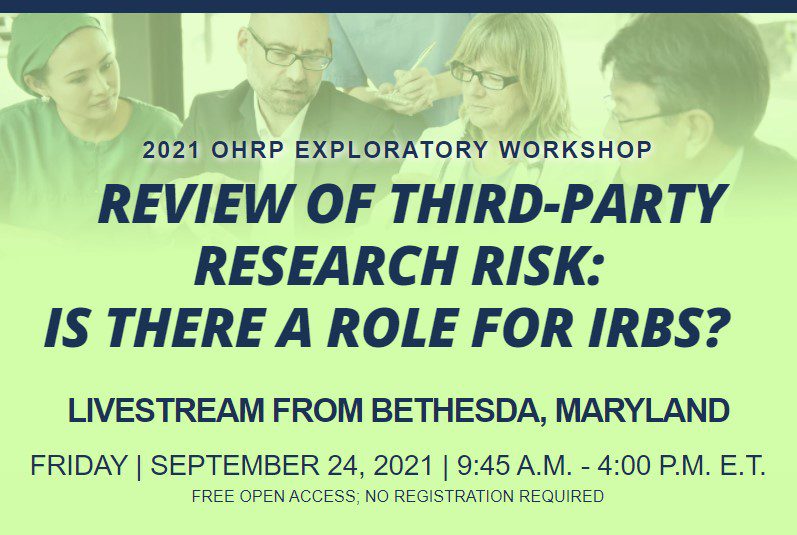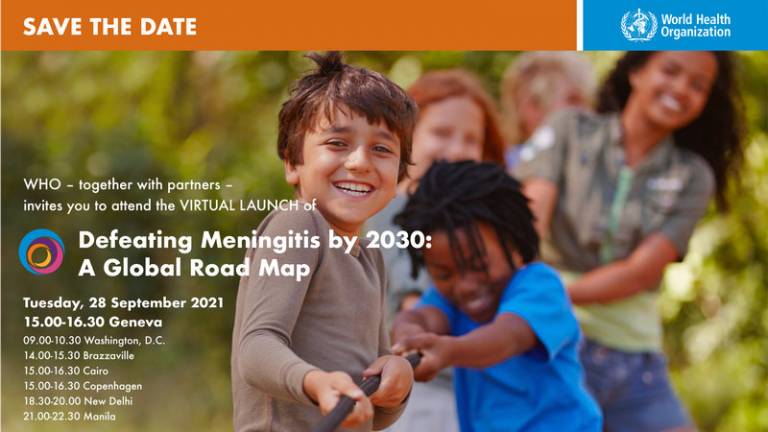ASHG 2021 – American Society of Human Genetics
The annual meeting of the American Society of Human Genetics will convene in a virtual format 12-14 October 2021. With over 7,000 expected attendees, the ASHG 2021 Virtual Meeting is a diverse, global community that engages and welcomes diverse voices and alliances among scientists of all nationalities. Highlighted posters or presentations include: Building Genomic Data



